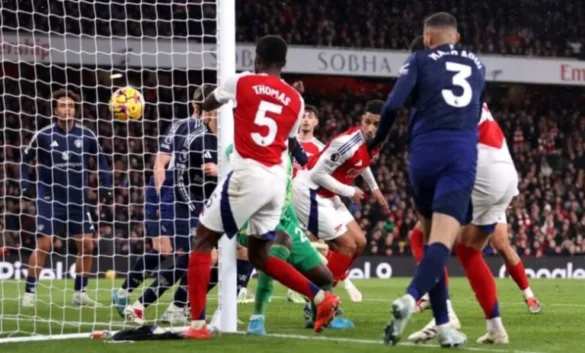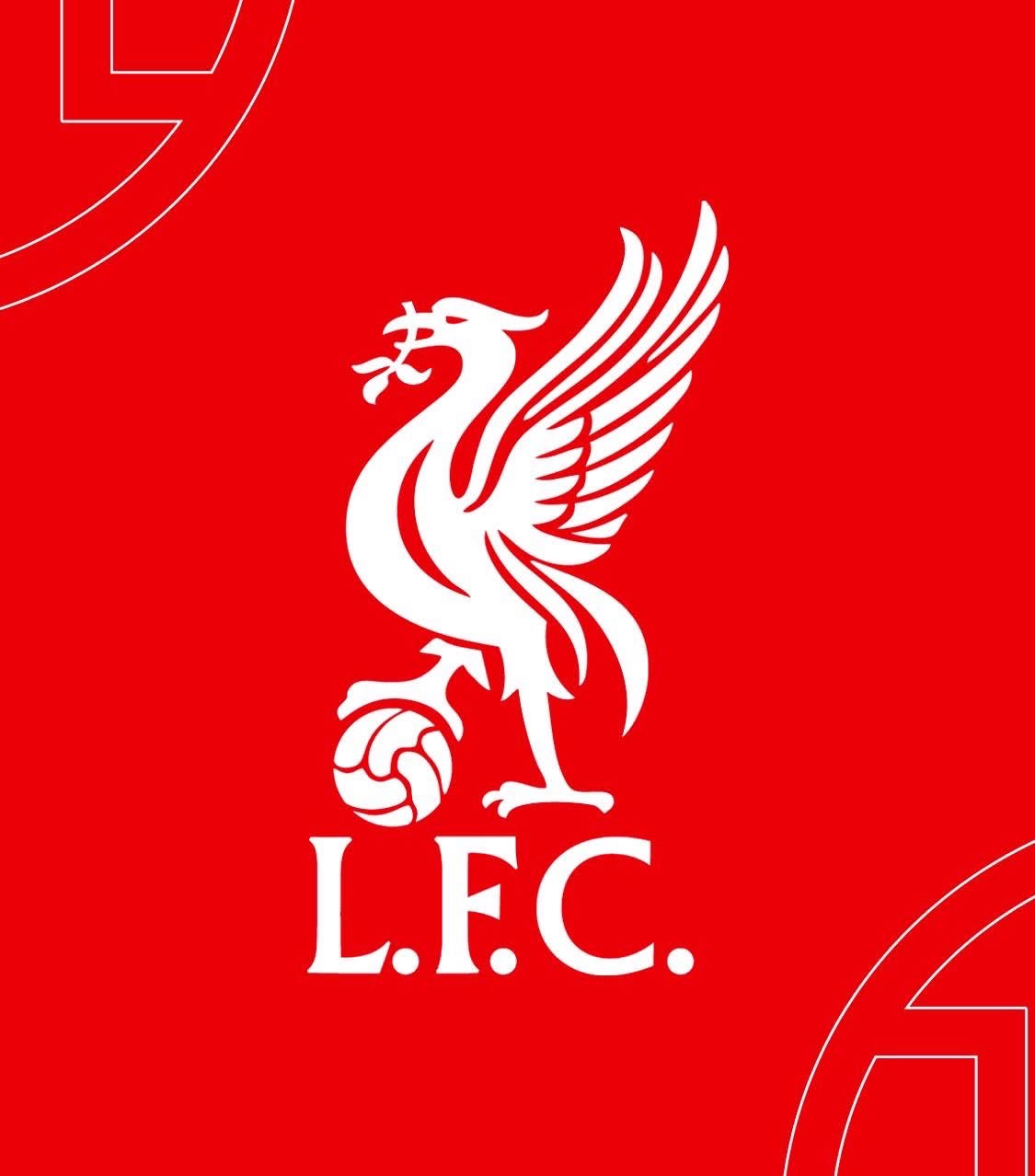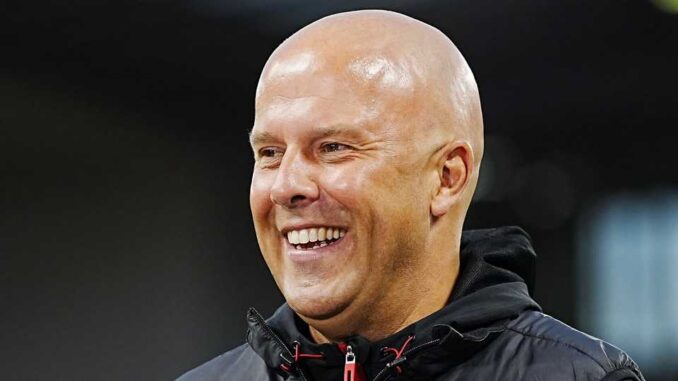Manchester United’s unbeaten run under Ruben Amorim ended abruptly with a 2-0 loss to Arsenal at the Emirates Stadium. While the match was expected to be a closely contested affair, United defended well in the first half but struggled under Arsenal’s relentless pressure after the break. The defeat ended what had been a promising start to Amorim’s tenure, raising doubts about United’s ability to handle crucial moments.
The key turning points came from set-pieces, where Arsenal took full advantage. Jurrien Timber and William Saliba scored from corners, exploiting United’s weaknesses in aerial duels and defensive organization during dead-ball situations.
This was particularly frustrating for United, given that set-piece defense had been a focus of their pre-match preparations. Despite efforts to address this issue, Arsenal’s well-executed routines exposed lapses in concentration and positioning.
Amorim’s frustration was visible on the sidelines as he urged his team to take more initiative in possession and make bolder attacking decisions. While United stuck to a solid defensive structure for much of the game, their lack of creativity and incisiveness in the final third left them unable to threaten Arsenal’s defense.
The Portuguese manager demonstrated his tactical expertise throughout the match, providing clear instructions and making adjustments to his team’s defensive shape.
His attention to detail was evident as he repositioned defenders and orchestrated movements to disrupt Arsenal’s attack. However, even his strategic adjustments couldn’t fully contain Arsenal’s fluid and aggressive play, especially in the second half.
Despite the loss, there were some positives for United. Their defensive organization in open play showed promise under Amorim’s guidance, and their ability to withstand Arsenal’s pressure for much of the game suggested resilience. However, significant work is still needed to address set-piece vulnerabilities and improve attacking fluidity.
The defeat leaves United in 11th place in the Premier League, highlighting the challenges Amorim faces in getting the team back into contention for European spots. Their next match, a home game against Nottingham Forest, offers a chance for redemption. Amorim will need to motivate his squad, refine their approach, and instill urgency if they are to recover and reignite their campaign.
As Amorim continues to shape the team’s tactical identity, the path forward will require not only resilience but also flexibility. This setback could serve as a valuable learning experience, encouraging United to address key areas and strengthen their ambitions under their new manager.





